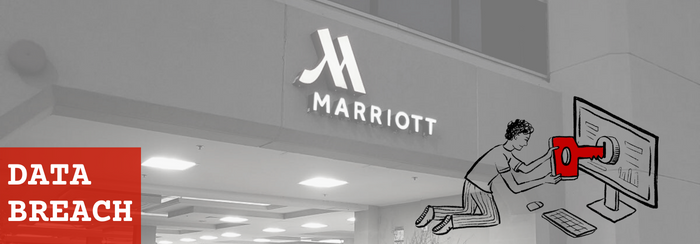Hotel Cybersecurity: Common Threats and Mitigation
Hotels collect and store a ton of highly sensitive and valuable information ranging from financial records to credit card details to the personal information of employees and guests making the industry a lucrative target for hackers. In recent years, there have been a handful of data breaches impacting large hotel chains, such as the Marriott, Ritz, Hyatt and just last month, the Intercontinental Hotels Group (IHG). These breaches have drawn attention to the unique risks hotels face which has resulted in greater investment in cybersecurity tools and best practices by larger chains. However, smaller hotel chains with lower IT budgets have been slower to adopt industry standards best practices and tools. Understanding the risks and implementing strong cybersecurity is critical in protecting a hotel’s business from ever-evolving cyber threats.
The hospitality industry has second-largest number of cybersecurity breaches after the retail sector. PwC's Hotels Outlook report 2018-2022

“This breach highlighted the distributed makeup of hotel groups, where you have headquarters, regional offices and individual properties. In this situation, a small property was hacked, but with it being connected to all of the others, the overall group reputation is put at risk. So, you have to develop a strategy that protects at all levels." Mathieu Gorge, CEO of VigiTrust
- Comply with PCI standards across all card readers, networks, routers and servers.
- Partner with a Managed IT Service Provider (MSP). An MSP will provide layers of IT security, including anti-virus, Managed Detection Response (MDR), software patching, managed backup and much more. Choose an IT vendor that adheres to security frameworks, like the National Institute of Standards and Technology (NIST 800-53), CIS Controls V8.1 that outline how organizations can prevent, detect and respond to cyber attacks and MITRE ATT&CK Matrix.
- Invest in employee security awareness. The human firewall is often overlooked as an important part of a hotel’s cybersecurity strategy. High employee turnover at hotels poses further challenges to maintaining security awareness. However, given the volume of personal information collected at hotels, employees should be aware of common types of cyber threats, like email phishing and how to handle personal information. New employees are particularly susceptible to phishing and social engineering attacks.
- Develop Protocol/Process: We often uncover a lack of protocol when investigating cyber incidents at hotels. For instance, if a shared account gets compromised, a business continuity disaster recovery plan needs to be in place. Even simple processes around verifying suspicious requests can help prevent cyber incidents. We recommend all hotels implement a process for verifying requests that involve financial transactions and implement a “zero trust” security framework.
- Cybersecurity insurance is not optional. Cyber attacks can result in expensive data breaches, downtime and lost business. A cybersecurity policy will offer your hotel third-party coverages against losses to customer systems and data and first-party coverage resulting from a compromise.
- Develop a business continuity and disaster recovery plan. Despite the best protections your hotel may have in place, if you are faced with a data breach a solid plan can help mitigate damage to your hotel’s reputation and reduce overall downtime.


